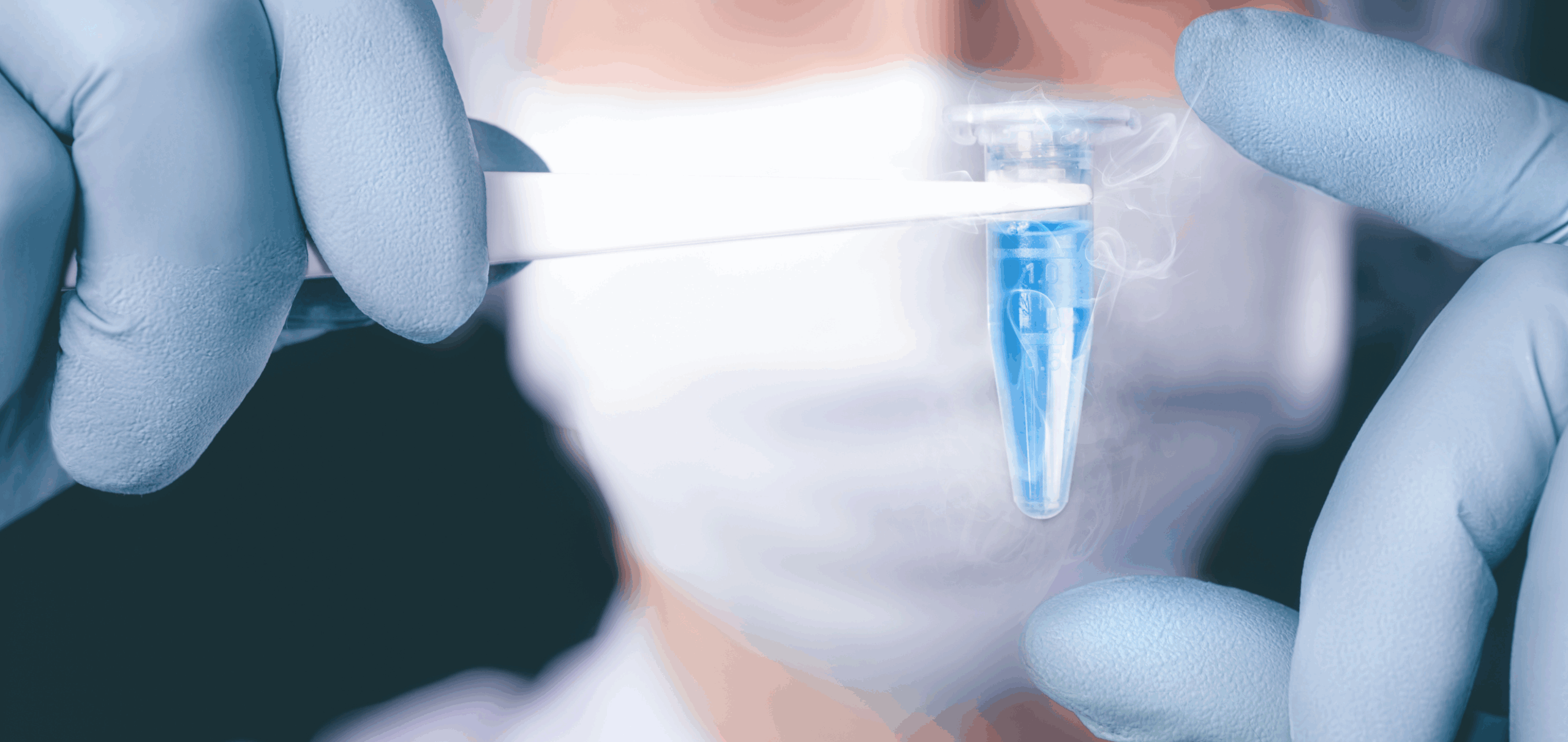Tag : FDA APPROVAL

In advanced HCC, the tumor microenvironment fosters immune evasion by upregulating inhibitory pathways that suppress cytotoxic T-cell activity. Nivolumab + ipilimumab enhance antitumor immune responses by blocking these inhibitory signals and restoring T-cell function. Nivolumab + ipilimumab has demonstrated superior overall survival (OS) and durable responses compared to sorafenib in untreated advanced HCC.3 Based on these findings, the dual immunotherapy has been approved by the FDA as a first-line treatment for patients with unresectable or metastatic HCC without prior systemic therapy, offering a promising alternative to kinase inhibitor-based therapies.

Chronic spontaneous urticaria (CSU) affects approximately 1% of the global population and is often challenging to manage. First-line treatment typically involves second-generation H1 antihistamines (H1-AH), administered at doses up to four times the standard recommendation, but only around half of patients achieve adequate symptom control. Until recently, treatment options for those who remained symptomatic were limited. This highlights an unmet need for additional targeted therapies. Recently, the United States (US) Food and Drug Administration (FDA) approved dupilumab, the first new targeted treatment for CSU in over a decade, for patients aged 12 and older who remain symptomatic despite antihistamine use.

The travoprost intracameral implant has demonstrated non-inferiority towards topical timolol ophthalmic solution in reducing intraocular pressure (IOP) of patients with open-angle glaucoma (OAG) or ocular hypertension (OHT) in 2 phase 3 randomized controlled trial, which led to its approval from the United States (US) Food and Drug Administration (FDA) in December 2023, offering an alternate treatment option for patients with OAG or OHT.
